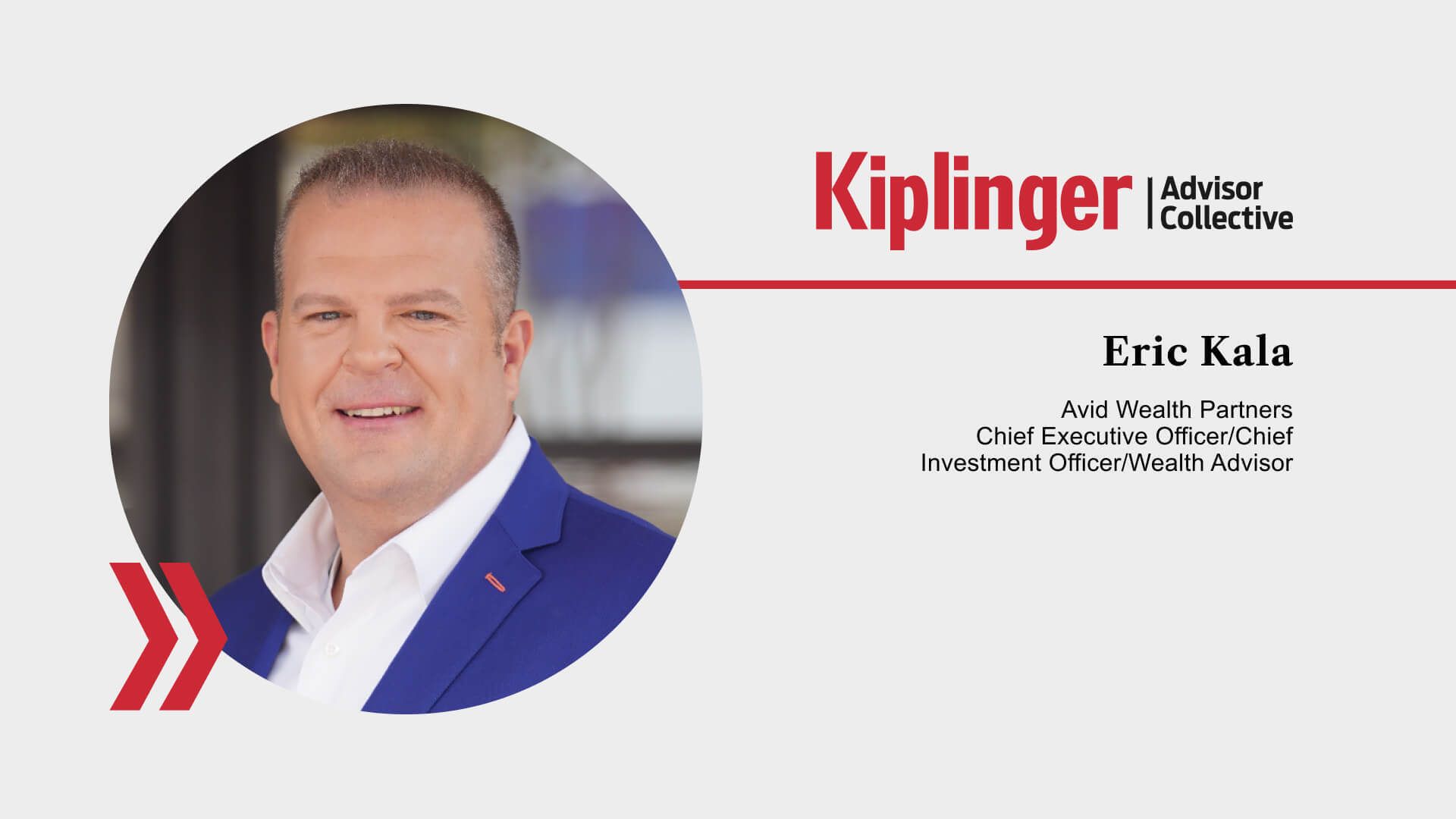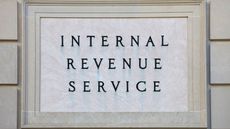Managing Startup Finances: The Fundamentals Entrepreneurs Need to Know
For Kiplinger Advisor Collective member Eric Kala, financial discipline, not just hard work, often separates successful businesses from unsuccessful ones.

At any given time, entrepreneurs are juggling many tasks, especially in the early days of launching a business.
If you’re an entrepreneur in the startup phase of your journey, you’re busy bringing your idea to life and strategically planning to enter the market. But as you do so, it’s vital to establish the right financial structures for your venture. Managing startup finances is easier when you prioritize doing so at the beginning. What’s more, a 2023 survey by online loan marketplace company Lendio found that small business owners “are primarily facing challenges related to the economy (23%), inflation (21%) and other financial concerns (14%).” By getting a head start on your startup finances, you’ll be better prepared to navigate these challenges (such as the next recession) as they arise.
Common mistakes
When it comes to managing startup finances, Eric Kala, the CEO of Avid Wealth Partners, a San Antonio, Texas-based wealth management and financial planning firm, has often seen entrepreneurs make four common mistakes.

Sign up for Kiplinger’s Free E-Newsletters
Profit and prosper with the best of expert advice on investing, taxes, retirement, personal finance and more - straight to your e-mail.
Profit and prosper with the best of expert advice - straight to your e-mail.

First, they fail to establish the correct business entity or structure to financially and legally protect them down the line. This can limit their flexibility in the future. Regarding the specific structure or entity you should pursue, Kala recommends starting by forming an LLC. However, he stresses that you should always consult professional help catered to your unique situation before you take that step.
“It creates a clear delineation between individual and business finances,” says Kala. “We’re not filing under your name, per se. We’re setting things up as a business, which allows us to be more nimble. For the $500 to $1,000 it costs to set up an LLC, it allows the entrepreneur to file as a partnership or an S-corporation later on relatively easily.”
Additionally, according to Kala, that delineation can give entrepreneurs certain legal and creditor protections, putting them in a stronger position to weather tough circumstances. For instance, if you form an LLC and your business gets sued, your personal assets are protected in most cases.
That lack of delineation between personal and business finances ties into another of the most damaging mistakes Kala has seen some entrepreneurs make: using their business accounts as second lifestyle accounts and writing off luxury expenses such as boats and planes.
If audited, these business owners will likely face legal and financial repercussions. Separating your personal and business accounts helps you avoid these murky situations.
Kala has also noticed that some entrepreneurs often don’t audit-proof their business by keeping good books and records as they set up their finances. Some entrepreneurs don’t implement the most essential tools, such as accounting software, to help them track their expenses and spending. Without accurate records, they can’t unlock their full tax benefits when it’s time to file.
But Kala emphasizes that having the right tools is not enough. Entrepreneurs sometimes don’t classify their financials correctly, which costs them later. For instance, they will write off certain items, such as furniture and computers, as expenses rather than depreciating assets. This erroneous classification makes the company seem like it has more expenses than it actually has, which will unfavorably impact its EBITDA (earnings before interest, taxes, depreciation and amortization).
“When the company has continued growth and wants to expand and inevitably goes to a bank, those bankers aren’t going to look at backing those depreciable expenses out,” says Kala. “They’re just going to say, ‘Well, you have a lot of expenses, and your revenue isn’t really where we want it to be.’”
Kiplinger Advisor Collective is the premier criteria-based professional organization for personal finance advisors, managers, and executives. Learn more >
Initial steps
Once you have your business plan in place, Kala advises, you should start vetting experts to guide you, namely, a business lawyer with expertise in your industry, a CPA and a financial advisor.
“As you’re going through and vetting, it’s really about having conversations,” says Kala. “The advisors you work with on a consistent basis need to have not only knowledge based off of their academic studies, but also based off of their work experiences and previous clientele.”
Kala explains that once you have the right professionals in your corner — ones you trust and feel comfortable around — you should set up your business entity or structure. Next, open business operating and money market accounts. After those accounts are in place, work with your CPA to get reliable accounting software and start logging your expenses and depreciable items correctly.
Contingency plans
In business, things don’t always go as planned. Kala stresses that every entrepreneur should be prepared for worst-case scenarios.
“Really think about contingency planning,” says Kala. “Examine things like buy-sell agreements and your loan documents.”
Entrepreneurs, he explains, should ask detailed questions when reviewing their documents. For instance, if you’re an entrepreneur with a business partner, you should find out whether or not a loan your business partner signed would get called by the bank in the event that they pass away. If you have a family business, you should create a succession plan in the event of your passing. If you don’t have a family business, you should plan how you’d like your business to continue if you pass away (or, if you have a business partner, if they pass away).
Other worst-case scenarios to prepare for include injuries, recessions, industry disruptions and natural disasters. The better prepared you are, the better off you will be. Kala recommends that entrepreneurs speak with their trusted advisors to create action plans that can help them overcome such challenges.
Looking ahead
There's no need to panic if you’re already well into your business and haven’t taken all or some of these steps, says Kala.
“The things that have happened in the past are in the past,” he notes. “Look forward and correct the situation.” Ultimately, Kala says, the difference between successful and unsuccessful businesses often comes down to not just hard work, but establishing the right amount of financial discipline.
Investment advice is offered through Avid Wealth Partners LLC, a registered investment adviser. Insurance products are offered through Avid Risk Management LLC. Avid Wealth Partners is the dba marketing name for Avid Wealth Partners LLC, Avid Risk Management LLC, Avid Consulting LLC, and Avid Capital LLC.
The information contained herein is provided for general information purposes only and should not be construed as investment, tax or legal advice, and does not constitute an attorney/client relationship. Past performance of any market results is no assurance of future performance. Always seek professional advice.
Kiplinger Advisor Collective is the premier criteria-based professional organization for personal finance advisors, managers, and executives.
-
-
 IRS is Targeting Promoters of Abusive Tax Schemes Kiplinger Tax Letter
IRS is Targeting Promoters of Abusive Tax Schemes Kiplinger Tax LetterTax Letter Tax schemes range from basic tax dodges to highly complex transactions.
By Joy Taylor • Published
-
 How to Save on Prescription Medication
How to Save on Prescription MedicationHow you can save money on prescription medication amidst rising prices.
By Erin Bendig • Published

